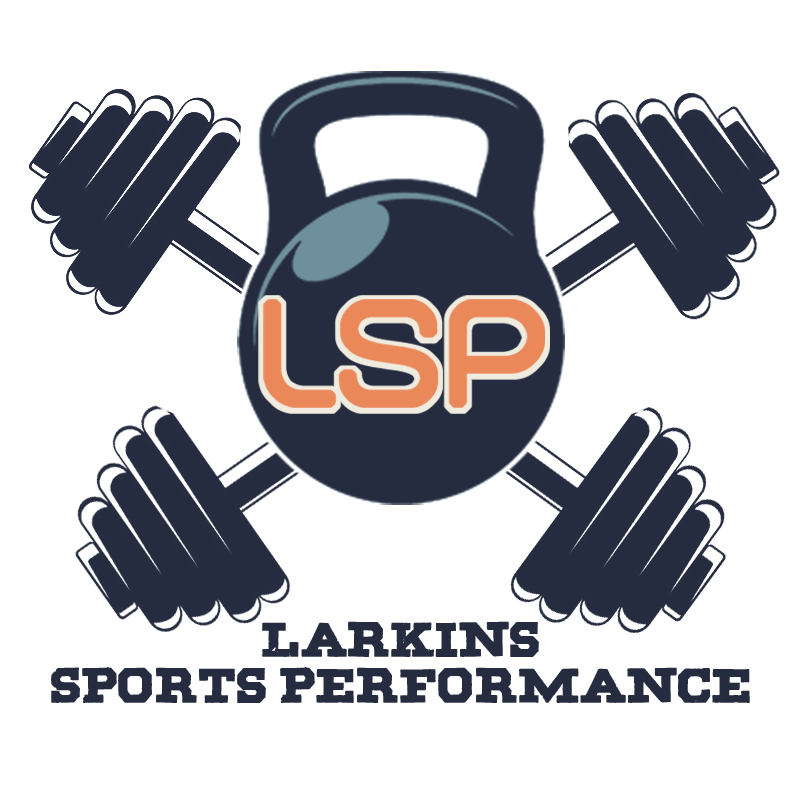Caffeine Supplementation
In the world of sports performance, nutrition plays a huge part in an athletes’ athletic abilities and a variety of other factors such as weightlifting and sleep. However, when the athlete feels that he/she has exhausted all those options and wants to get a competitive edge on their opponent, they turn to supplements such as caffeine. Caffeine has been around for decades and has shown to be beneficial to athletic performance through countless trials for athletes of all types of sports. One important thing to remember is that everyone’s body is different and may not react the same to certain dosing or timing of caffeine. That’s why it’s important to explore various aspects of caffeine supplementation such as, “supplementation background, and statistics; mechanisms of action; dosing, timing, modes of delivery, and caffeine habituation; genetic factors and influence; and practical applications for strength and conditioning coaches”.2
“The three major theories for the ergogenic effects of caffeine during exercise are an increase in free fatty acid oxidation, an effect on skeletal muscle performance, and serving as an adenosine receptor antagonist in the central nervous system”.2
When we consume caffeine, it directly stimulates the enzymes that break down fat for energy consumption, and it also increases circulating levels of the hormone epinephrine, which also increases the uptake of free fatty acids from triglyceride stores in fat or muscle tissue. As free fatty acid availability is increased, our body turns to fatty acids for fuel instead of preferably carbohydrates.
As our muscles contract, we are releasing calcium into the muscle fiber to initiate the contract. When caffeine is consumed, calcium transport into the muscle fiber is increased, and decreases plasma potassium concentration during exercise. During exercise, an increase in plasma potassium concentration can decrease the excitability of the muscle tissue, hence decreasing the neurological efficiency of the fiber to activate.
The Blood Brain Barrier is the protective shield of the Central Nervous system. Its main job is to protect the CNS from toxins, pathogens, inflammation, injury, and disease.1 In the brain, adenosine acts as a neuromodulator. Adenosine binds to adenosine receptors to decrease nerve cell activity. Caffeine can cross the Blood Brain Barrier. “Caffeine being the antagonist to adenosine, blocks adenosine receptors, stimulates the secretion of serotonin in the cerebral cortex and enhances the actions of the sympathetic system which is activated during exercise”.2 Other potential benefits of caffeine acting as a adenosine antagonist:
1. Increase muscle fiber recruitment.2
2. Increase muscle force production.2
3. Decrease rating of perceived exertion and pain.2
4. Delay peripheral fatigue.2
5. Increase arousal.2
6. Improve awareness, alertness, and mood.2
7. Improve cognitive processes.2
The theory is that taking from anywhere between 3-6mg per kg of bodyweight is the optimal dose for athletes either in short duration, high-intensity events, prolonged high-intensity events, endurance events, ultra-endurance events, and prolonged intermittent sprint events.2 Contrary to some popular belief, larger caffeine doses past 6mg per kg of bodyweight can have negative side effects on the athlete. Such as, nausea, insomnia, and restlessness.
The half-life of caffeine ranges from four to six hours. This means that caffeine will be in the bloodstream for three to four hours after ingestion but will last longer when more than 300mg is ingested. An abundance of studies focuses on athletic performance approximately one hour after ingestion and maximal effects are obtained. However, “it has been shown that caffeine can enhance performance when consumed 15-30 minutes prior to exercise”.2 Redosing with small amounts of caffeine doesn’t have much of an effect on performance unless events are more than six hours apart, it maybe beneficial.
Regular ingestion of caffeine can lead to an increased in the number of adenosine receptors in the vascular and neural tissues of the brain.2 If an athlete takes more than 300mg a day he/she is considered a habitual user, but if he/she takes less than 50mg per day the athlete would be considered non-habitual. Habitual caffeine consumers are “less likely to experience side effects of caffeine ingestion such as tachycardia, anxiety, gastrointestinal discomfort, tremors, and insomnia”.2 “Long-term caffeine use potentially lends to habituation through both increased caffeine clearance and a decrease of excitability caused by caffeine possibility via inhibition of genes affecting the dopaminergic and adenosine pathway”.2
Some practical scenarios where caffeine supplementation can be beneficial to an athlete:
1. If an athlete shows up to game or practice in a sleep deprived state, caffeine supplementation (>200mg) may maintain vigilance, sustain focus, improve mood and mental function.2
2. If the athlete is present with extreme muscle soreness, caffeine can potentially act as an alternative to nonsteroidal anti-inflammatory drugs and manage soreness.2
3. Athletes competing in an all-day or multi-day long events can day-long does and re-dose caffeine at low levels (optimally 75mg) but should not extend into late afternoon to have a negative impact on sleep.2
The vast amount of evidence all shows that caffeine can be extremely beneficial to an athlete’s performance. However, it is of the utmost importance to stress to every athlete that nutrition, sleep, and training must be prioritized before seeking other avenues to achieve their athletic potential. Too many athletes disregard the importance of sleep and nutrition and instead thinking taking a bunch of supplements will make them the next biggest star in their sport. If all three of these variables are in line with one another then, if warranted caffeine can be added to his/her supplementation regiment to improve performance.
References
1. Daneman, Richard, and Alexandre Prat. “The Blood-Brain Barrier.” Cold Spring Harbor Perspectives in Biology, Cold Spring Harbor Laboratory Press, 5 Jan. 2015, www.ncbi.nlm.nih.gov/pmc/articles/PMC4292164/.
2. Patel, Pratik. “Caffeine – Practical Applications for Coaches.” National Strength and Conditioning Association (NSCA), NSCA, 1 Oct. 2019, www.nsca.com/education/articles/nsca-coach/caffeine-practical-applications-for-coaches/.
